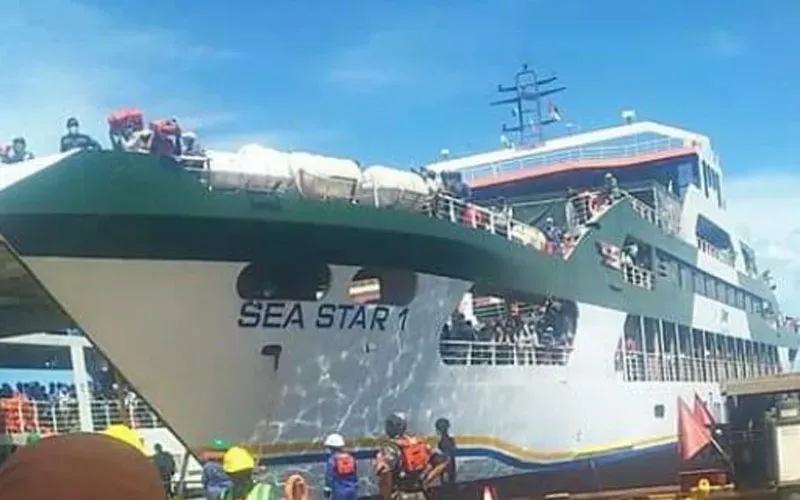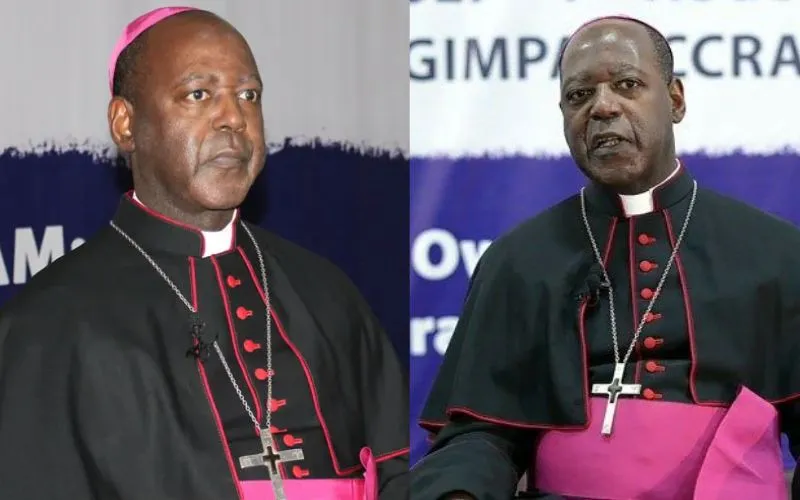Cabo Delgado, 29 August, 2021 / 11:30 pm (ACI Africa).
There is a mounting fear of attacks in Nampula, a province in Northeastern Mozambique as the country plans to embark on extracting oil and gas in the province.
Catholic peace entity Denis Hurley Peace Institute (DHPI) has often linked insecurity in Mozambique and in other countries also experiencing a refugee crisis to mineral wealth and the interests of multinational corporations in the country’s vast natural resources.
“The Mozambican government says that the first oil and gas exploration wells in the Angoche basin, in Nampula province, will be carried out in 2022,” DHPI officials announced in their Tuesday, August 24 report shared with ACI Africa.
In the report, DHPI officials make reference to the March 24 militant attack in Cabo Delgado, northern Mozambique in Palma, a town in proximity with a major gas project under the auspices of the French energy enterprise, Total.
They describe Nampula where hundreds of thousands of people who have been displaced in Cabo Delgado are currently seeking refuge as “the next Palma.”








